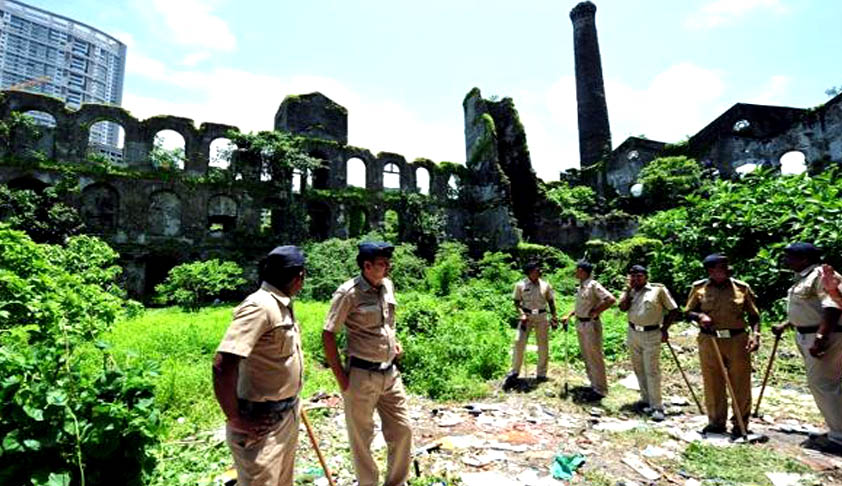Shakti Mill Gang rape cases: Juvenile offender convicted; sent to Nasik school to learn good behavior
Apoorva Mandhani
15 July 2014 9:45 PM IST

Next Story
15 July 2014 9:45 PM IST
The two juveniles accused in connection with the 2013 Shakti Mill gang rape cases of a photojournalist and a telephone operator, were today declared guilty of the offence by the Juvenile Justice Board, comprising Principal Magistrate G B Jadhav and member Mary Shettiyar. They were convicted of gang rape, criminal conspiracy and molestation, besides other relevant sections of IPC. The guilty...
